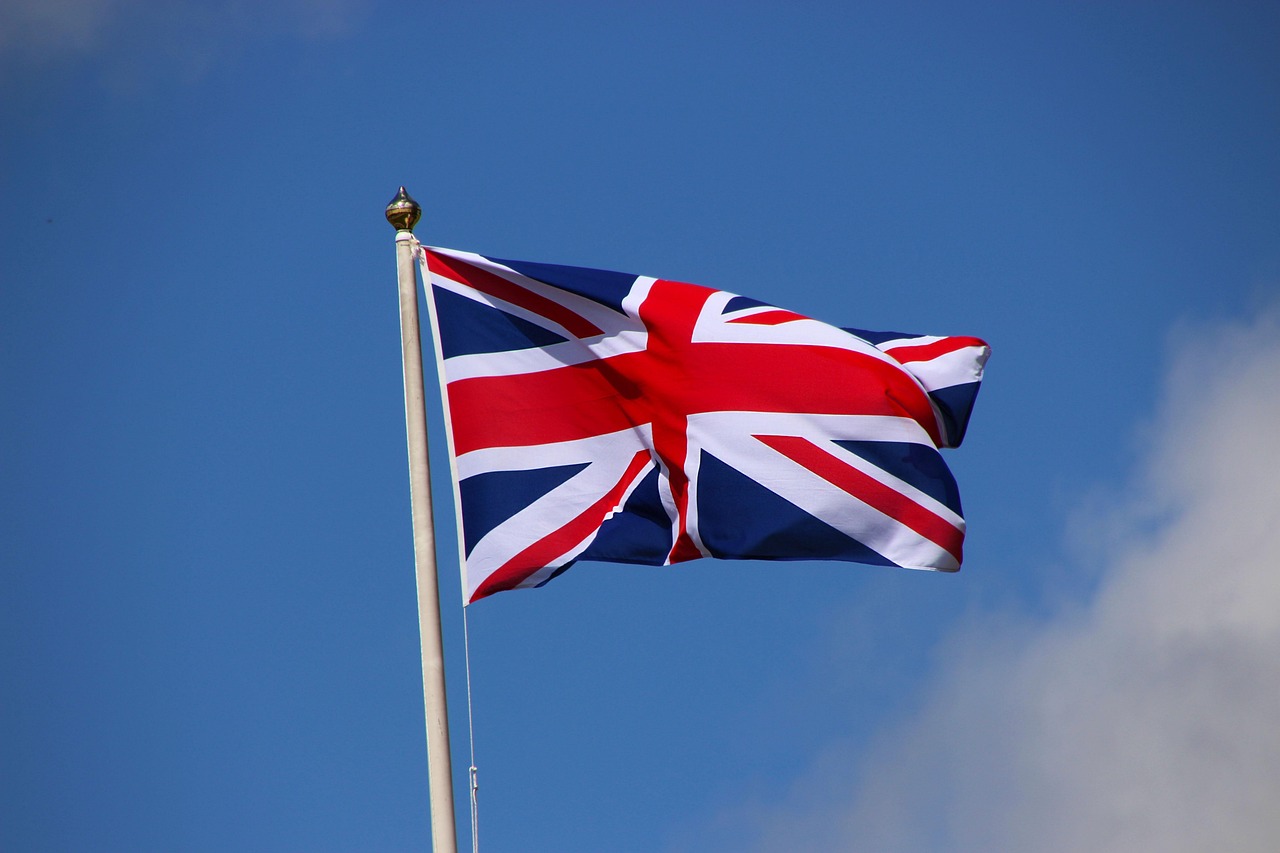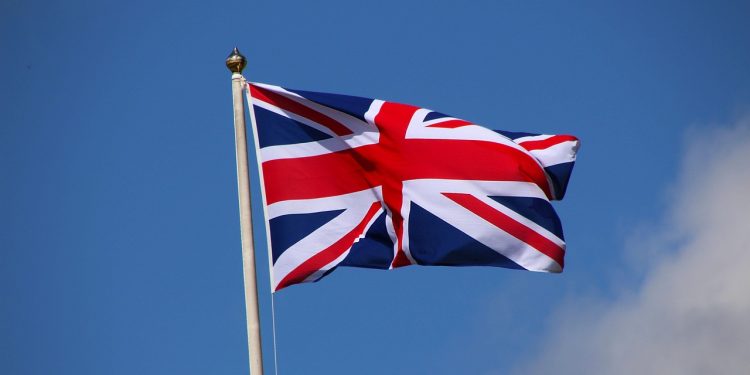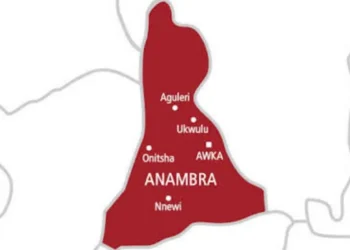For decades, London and Tel Aviv liked to call their bond a “special relationship.” But Britain’s latest move to bar Israeli students from its Royal College of Defence Studies shows that this friendship is beginning to wobble. It’s not a total break, but the decision sends a message: Israel can no longer expect unconditional support from allies when Gaza keeps burning. Britain’s Ban Exposes Cracks in ‘Special’ Ties with Israel, and the cracks are widening fast.
A Ban That Cuts Deep
The Royal College of Defence Studies is not just another school. It is where military elites from across the world are trained, where alliances are nurtured, and where prestige matters as much as policy. By shutting Israeli officers out, Britain is not just making a symbolic move, it is cutting Israel from a circle of influence it once took for granted. For a country that depends on Western legitimacy to shield its actions in Gaza, this is no small loss.

London’s Ministry of Defence framed the decision in plain terms: Israel’s war strategy in Gaza has gone too far, and Britain does not want its classrooms associated with it. That is a public rebuke, whether or not the language was dressed in diplomatic politeness.
The “Special” Friendship Tested
Israel’s defence ministry reacted with fury, calling the move “dishonourable” and “disloyal.” That anger is not surprising. Israel has always assumed Britain would stand by it no matter what. But alliances are not blank cheques. Britain has been quietly shifting its tone for months, hinting at recognising a Palestinian state and limiting Israeli visibility at military fairs. The ban is simply the most visible crack so far.
When friends start making such moves, it shows the relationship is not as untouchable as Israel likes to believe. A “special” friendship is supposed to survive difficult times. Instead, this one is starting to look conditional.
Britain Balancing Pressure and Politics
Of course, London is not suddenly becoming pro-Palestinian. British officials are still careful, still selling arms to Israel, still calling it an ally. But politics is about timing, and Britain has chosen this moment to show that even allies have limits. It is a balancing act: remain close enough to Israel to keep the alliance alive, but distant enough to signal to the world that Britain will not endorse every act of war in Gaza.
The truth is, this is not just about morality. Britain is also managing its own global image. The Gaza war has left Western governments accused of hypocrisy, preaching human rights while excusing mass civilian deaths. By banning Israelis from its defence college, London can point to at least one act that looks like accountability.
The Bigger Picture
Israel’s anger is real, but so is its isolation. When allies like Britain start drawing lines, it signals to others that backing Israel at any cost is no longer politically safe. This could ripple through Europe, where public opinion has already shifted sharply against Israel’s war. And it may even embolden Arab and African states to push harder against Israeli diplomacy.
The Gaza war is not just costing lives, it is costing Israel the “special” bonds it once relied on to survive global scrutiny. Britain’s ban may look like a single decision about a college course, but it represents something larger: the slow erosion of a partnership that once seemed untouchable.

















